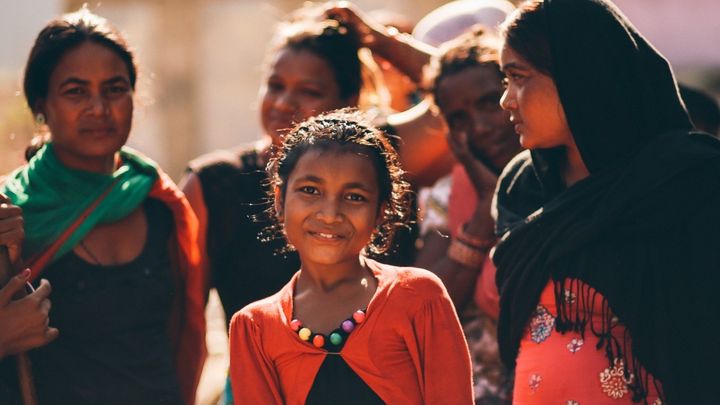
'Give A Pair' for Women in Nepal
Help us bring 200 pairs of Modibodi period underwear to the women and girls of Nepal.
On the 2nd of November, a group of 20 Griffith University Human Services and Social Work students will travel from Brisbane to Nepal to immerse themselves in the Nepalese culture and study how social work is growing in this international community.
We have partnered with ModiBodi to donate 200 pairs of Modibodi period underwear to women and girls of Nepal. Help us by purchasing a 'virtual pair' of underwear. For every ‘virtual pair’ voucher purchased, Modibodi will donate two pairs of physical underwear.
Why 'Give a Pair'?
- While now illegal, women and girls in remote villages of Nepal are still required to adhere to chhaupadi a Hindu traditions of sleeping outside their homes in huts while menstruating. When a woman or girl is forced to participate in chaupadi, she is exposed to harsh weather conditions, animal attacks, rape, malnourishment, abduction, and poor hygiene. In 2016, there were multiple reports of girls dying in their huts overnight, due to lighting a fire in their small hut to keep warm and suffocating from the smoke. Promoting safe menstrual practices can improve outcomes for women and girls.
- It's a sustainable product. Nepal aims to reduce their plastic footprint and move towards more sustainable patterns of consumption by 2030 (United Nations Global Development Network ). Your donation with have immediate and long-term benefits for the lives of women and children.
- Affording sanitary pads can be difficult for girls in Nepal. It is common practice to use old cloths or other materials such as newspaper or leaves while at home and a reusable sanitary pad when in public. This causes girls to stay home during menstruation and miss school. Have access to reusable sanitary items can help to improve gynaecological health and education outcomes for these women and girls.
- There is a lack of adequate menstrual waste disposal in Nepal. Due to the lack of education for women and girls, many dispose of their sanitary items by flushing them down toilets. These pads and tampons when flushed get saturated with liquid and swell up, resulting in sewage backflow, a serious health hazard. The adhesive wings and the perforated plastic layers in the commercial sanitary napkins are not easily biodegradable. For other women, particularly those who live in the slums, privacy and access to toilets is rare. They are forced to dispose of their sanitary items in river banks beside their homes or in land waste systems. When menstrual waste enters the water bodies it contaminates them. These materials soaked with blood were breeding places for germs and pathogenic microbes. Sanitary products soaked with blood of an infected woman or girl may contain hepatitis and HIV viruses which retain their infectivity in soil and live up to six months in soil. By donating a pair of ModiBodi underwear you help a woman or girl have access to a hygienic and sustainable menstrual product.
Photo by Terry Boynton on Unsplash
